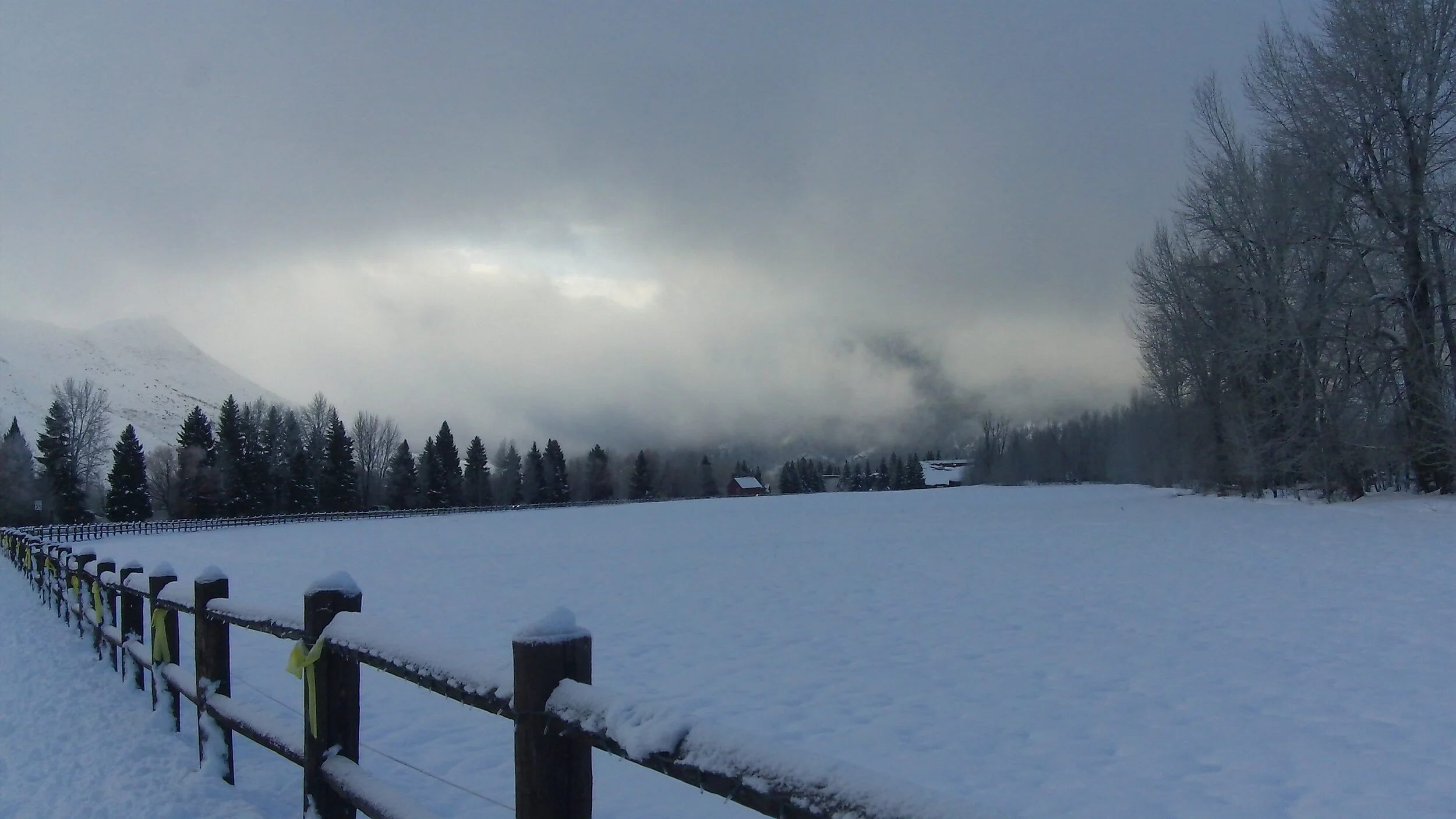I've been clearing away calendars and planting new ones. It's like digging up the gnarly vines and withered roots of last year's growth. I turn the pages of days gone past, tilling a bed for new year's sowing.
Days and months and seasons pass by as a series of sensations: now I am plowing snow, now I am mowing grass, now I am four-wheeling up a backcountry lane. By year's end the earliest experiences are composted beneath later layers. What remains are memories of moods, major events and a few faces.
Last year I walked the sandy beaches of the Oregon Coast, went hiking in the Absaroka Range of southern Montana, and drove the Sawtooth Scenic Highway of central Idaho as yellowed aspen leaves shimmered in an autumn breeze. I recall huge flocks of Canada geese in the Columbia Gorge. I can still smell the high desert sagebrush after heavy rain.
The smoke-stained faces of BLM firefighters emerge from August. In February, a worried wheat farmer in well-worn overalls ponders the lack of snow and the chances for a sixth year of drought. In June, my wife beams with the news of her pregnancy.
Turning over these dates, its comforting to find perennials. Despite fax machines and elections and mercy missions to Somalia, the consummate facts of a year are recurrent, like seasons. The storm of the century may have raged in Florida, but we have as much at stake in spring blossoms and each autumn's frost.
The mythologist Joseph Campbell used to worry about the effects of digital clocks and watches, and how the digitalization of time might cut us off from a sense of time as a circle. Instead of experiencing time as a succession of cycles, we just have time rushing by at a great speed.
I feel the same way about the progressive numbering of years. There is something insidious, I think, in the idea that 1993 must improve on 1992 or that the end of a decade must add up greater than the one before.
Why do we race toward the future, as if to see who gets there first? What differences does the numbering of years make, except to take us out of orbit and put us on a straight line toward oblivion?
"All things, indeed, are subject to rotary motion," noted Thoreau, "from the planet and solar system to the simplest shellfish and pebbles on the beach; as if all beauty resulted from an object turning about on its own axis, or others turning about it."
As Earth goes in its orbit and around its axis, and as the seasons pass from one to another, so does time revolve. We grow older, but others sprout to take our place, and they too will feel winter's chill and summer's glow.
It's January again; the wheel has come full circle.

